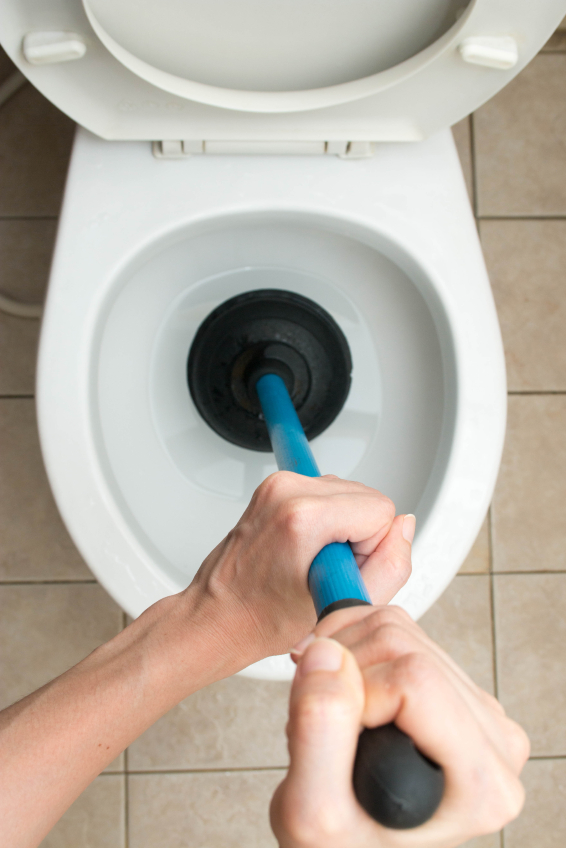Though your toilet is technically a waste disposal unit, that doesn’t mean you should dump just anything down there. The same goes for the sink, even if you have a compactor installed. From clogging up your pipes to having serious ecological implications, never dispose of the following items by dropping them down the drain:
Fat, Oil & Grease
The big three in drain blockage – fat, oil & grease (FOG) are liquid when you’re cooking but can quickly turn solid as they drip down your pipes, sticking to the inner surfaces and creating a perfect trap for line-blocking sludge.
If you deep fry often, reuse oil by sifting out solid materials with a sieve and storing it in a clean container. When you’re ready to toss it, let oils, grease, and fats cool enough so you can pour them into an old coffee jar or other tin. Wipe out the pan with a paper towel before washing. Then pop a lid on the container, tie it all up in a small bag and toss it out with the trash or dispose of it at certified disposal sites.
Food Scraps
Food scraps should be scrapped into the garbage and not down the drain, since even small pieces of food can cause big problems as they accumulate over time and clog pipes.
Another thing to keep out of the drain are food scraps. Homeowners often have this misconception that garbage disposals make it safe to send food down the drain, and that they slash solid items into small pieces, but these small pieces can still accumulate and clog your pipes.
Kitty Litter
Flushing kitty litter seems like a great solution to a smelly problem in theory – if we flush our waste down the toilet, why not the feline’s? In practice, however, even litter that has been “specially formulated” can cause problems over time.
The reality is, we don’t flush cat poop down the toilet because it doesn’t break down the same way human waste does, and can stop up pipes. Gritty cat litter just compounds the problem. Our septic systems aren’t designed to break down cat feces or litter, so prepare to have your tank pumped on a regular basis.
And that doesn’t even touch on the environmental implications – one study suggests that the parasite called Toxoplasma Gondii that lives in cat feces isn’t broken down when it passes through sewage treatment facilities, meaning it causes a potential hazard to many species of marine life.
The Non-Flushable Flushables: Many products today claim to be safe for flushing – formulated in such a way that they break down in water or once they reach sewage treatment plants but the reality is the opposite. Here’s a tip: if when swirled around in a bucket of water the product doesn’t dissolve (like toilet paper), don’t flush it!
Toxic Chemicals & Cleaning
It should come as no surprise that flushing toxic chemicals and cleaning products is an eco-friendly no-no. Cleaning liquids, gels, and solvents that are toxic or corrosive have the potential to cause serious harm to our fragile ecosystem if introduced via water. Though most water treatment plants are capable of eliminating most chemicals from the water supply, they can’t eliminate them all. Instead, contact your city for information on designated local waste disposal centres and drop-off areas for toxic chemicals.
Medications
For the same reasons you shouldn’t flush toxic chemicals, you should never dispose of medications – any form – by dropping it down the drain. Though medications won’t cause your pipes to clog, you run the risk of contaminating the local water supply, as sewage systems aren’t designed to remove medicines and drugs from the water supply.



